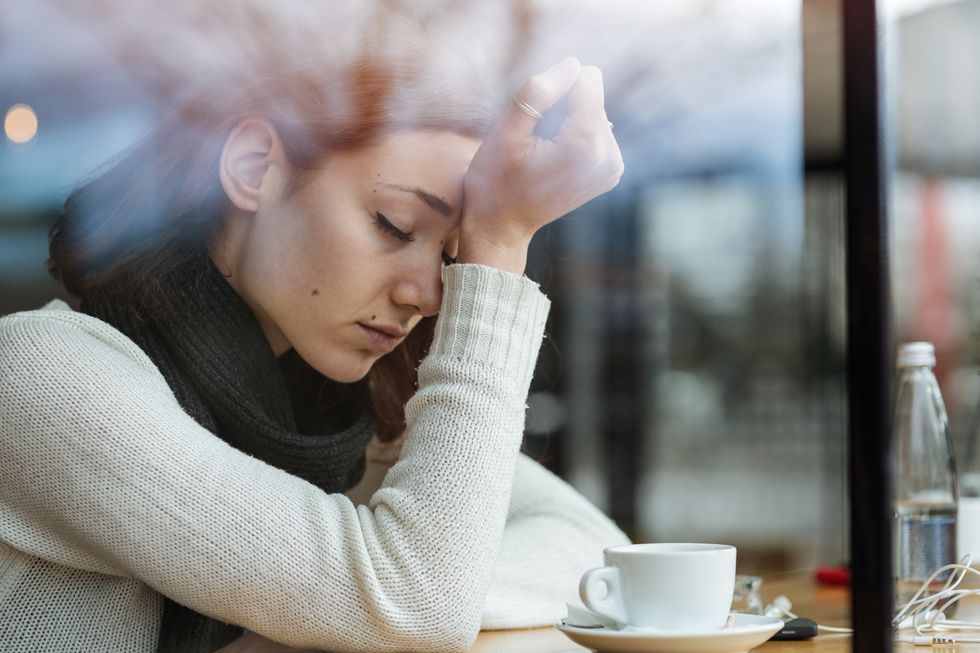
iStock.com/Mixmike
Sleep May Help People Process Traumatic Events
Sleeping soon after a traumatic event can help some people cope, a new Swiss study suggests.
Jan 03, 2017
Jul 10, 2023
Your Wellness
Learn about our editorial policies

MONDAY, Jan. 2, 2017 (HealthDay News)—Sleeping soon after a traumatic event can help some people cope, a new Swiss study suggests.
Two groups of volunteers were shown a video with traumatic images. One group slept for the night after seeing the video. The other group stayed awake. Participants recorded their memories of the images for several days.
"Our results reveal that people who slept after the film had fewer and less distressing recurring emotional memories than those who were awake," said study author Birgit Kleim. She is a clinical psychological scientist in the department of psychiatry, psychotherapy and psychosomatics at the University of Zurich.
"This supports the assumption that sleep may have a protective effect in the aftermath of traumatic experiences," she added in a university news release.
Sleep can help weaken emotions linked with memories, such as fear caused by a traumatic event. Sleep also helps people process and integrate distressing memories more effectively, the researchers said.
They noted there is a lack of early treatment options for people who have had traumatic experiences.
"Our approach offers an important noninvasive alternative to the current attempts to erase traumatic memories or treat them with medication," Kleim said. "The use of sleep might prove to be a suitable and natural early prevention strategy."
The study was published in the December issue of the journal Sleep.
SOURCE: University of Zurich, news release, Dec. 13, 2016
Copyright © 2017 HealthDay. All rights reserved.